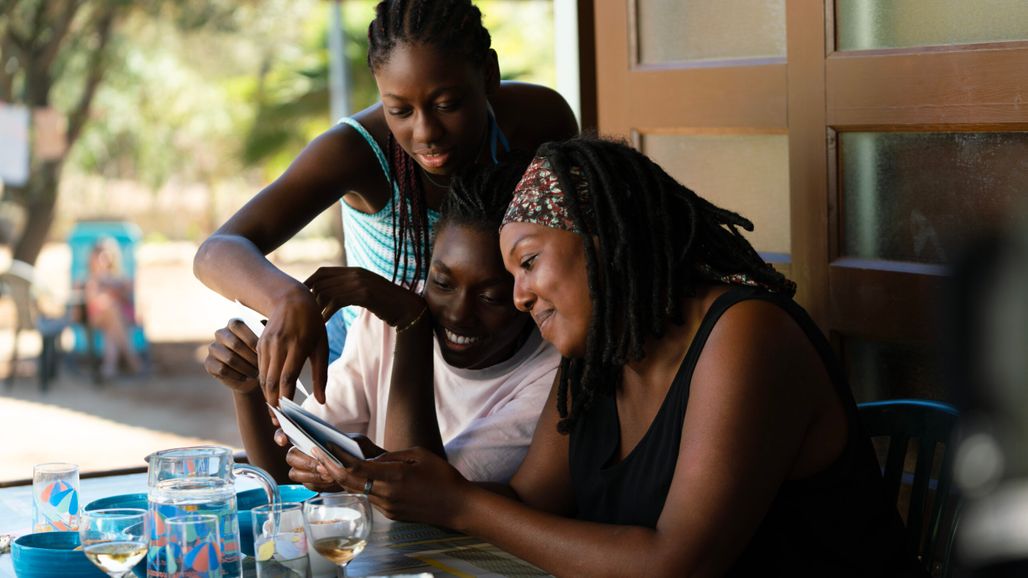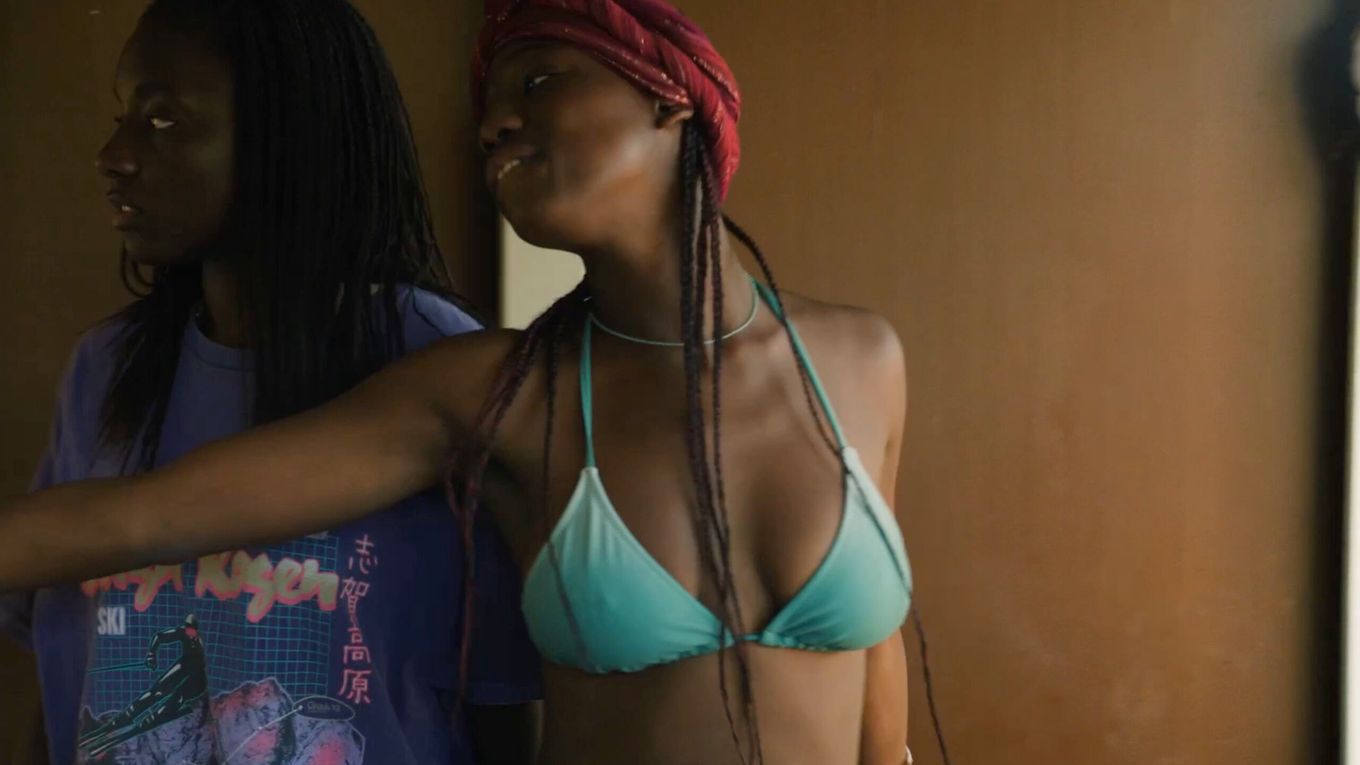
Le Retour (Homecoming): interview with Catherine Corsini

For her third film In Competition, Catherine Corsini goes back to her roots. She takes us to Corsica, following in the footsteps of Khédija, who works for a well-to-do Parisian family. When they hire her to look after their children over the holidays, she takes the opportunity to bring her daughters back to where she was born: a place loaded with memories. For the teenagers, l’île de Beauté – the Island of Beauty, as Corisca is known – is a land of exploration and adventure.
How did the idea for the film come about?
I wanted to make a film which speaks about young people today. I needed a young screenwriter for that, to make things as authentic as possible. I met Naïla Guiguet when she was finishing at the La Fémis film school, and I worked with her on the script for three years. The idea of setting it in Corsica came straight away. Everything that links me to that island gradually appeared after that, including a large part of my family history, which I resisted bringing up. That’s why it was a long journey. But the little streams of ideas joined together in the end to make this story.
Why was it important for you to come to Corsica to shoot the film?
I am divided in two. Corsica is my missing part, because I was not brought up there due to the death of my father, which happened when I was two and a half years old. It is like a gaping hole, and returning to his village was powerful and emotionally charged. I thought of nothing but films, which I know he would have liked to work in.
We meet the brilliant Cédric Apietto again in the cast of this film, among other actors from the island. What do you think of Corsican Cinema?
Corsican cinema is obviously embodied in the films of Thierry de Peretti, which have made a great, lasting impression on me. I took on a lot of his actors, including Cédric, who I found had a wonderful, human quality. He brought his listening skills, his charm, his rightness and his voice.
Why did you want to work with Aïssatou Diallo Sagna again, after La Fracture (The Divide)?
Aïssatou was linked to this story from the start. It was a family story: I thought she embodied the mother perfectly, through her gentleness and humanity. She was awarded a César, but I know how forgetful this profession can be: I was keen to show that I had not forgotten her.
What did Corsica offer you, particularly in cinematic terms?
Everything in Corisca is cinematic. The island makes such an impression, every setting brings a tension, a power. There is the tourist Corisca and the Corisca of the mountains, which is more secret and sometimes oppressive. It is a land to be conquered. My father was very poor, but I know he had a great nobility of heart and a sense of friendship and hospitality. Values shared by my filmmaker friend Pierre Salvadori. Today I talk to people who were nationalists from the outset who are concerned by the drift in identities. It is always a land of contrasts.



